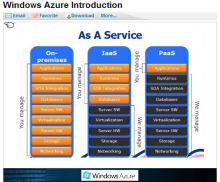What Jennifer Lawrence can teach you about cloud security
By now, you have probably heard about the digital exposure, so to speak, of nude photos of as many as 100 celebrities, taken from their Apple iCloud backups and posted to the “b” forum on 4Chan. Over the last day, an alleged perpetrator has been exposed by redditors, although the man has declared his innocence. The mainstream media have leapt on the story and have gotten reactions from affected celebrities including Oscar winner Jennifer Lawrence and model Kate Upton.









































































